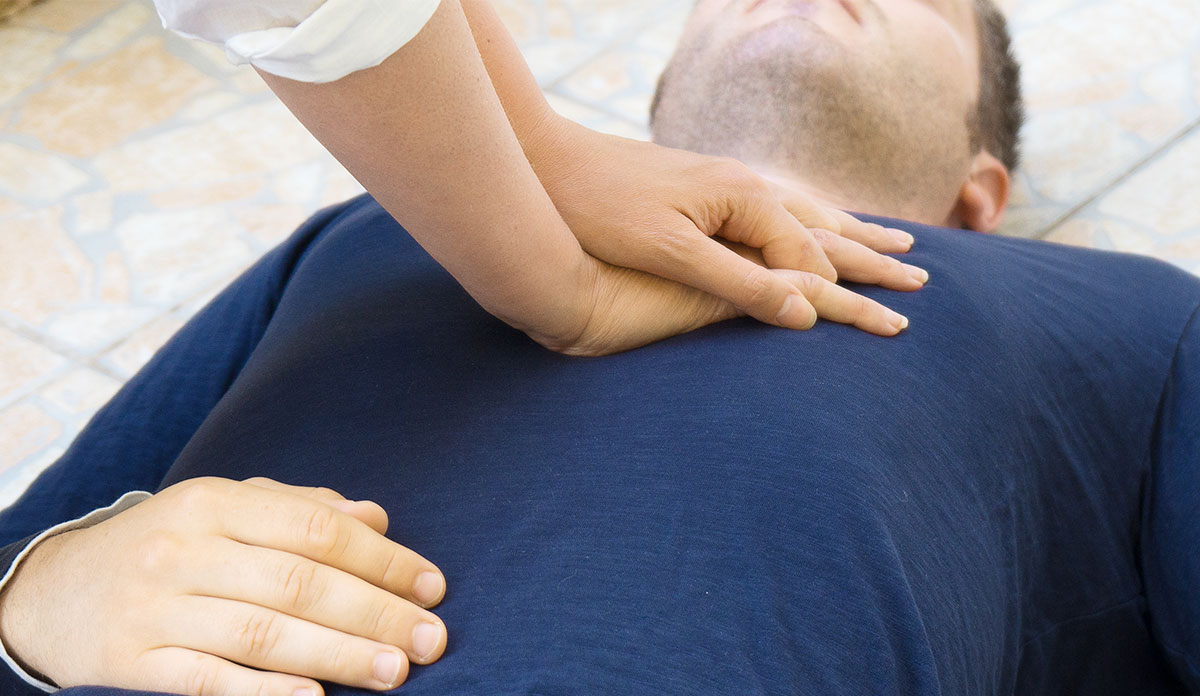Imagine attending a party where someone becomes lethargic and unresponsive. You believe he or she may have consumed too much alcohol, or something else, but you aren’t trained to diagnose an overdose. You feel like something should be done, but you don’t want to overreact, or get someone in trouble with authorities. What if illegal drugs are present? What should you do?
Simply allowing a potential overdose victim to sleep it off seems irresponsible in light of the continuing opioid overdose epidemic. Some drugs, or drug combinations, act quickly, and leave little time for an overdose witness to intervene and seek medical attention for the victim. Yet, emergency medical services are activated in only half of overdoses because witnesses often fear legal consequences such as arrest and prosecution for drug offenses. Similar fears also exist among underage drinkers who witness alcohol overdose. These fears might be intensified and lead to unintended public health consequences in jurisdictions which increase penalties for drug-related crimes or seek manslaughter or felony murder charges in the event of an overdose death.
Faced with few clear options and time pressure, some “good Samaritans” undertake half measures, such as leaving an overdose victim at a hospital, or reporting his or her location to authorities and then watching from a safe distance. While better than nothing, these actions can compromise treatment because medical personnel may need critical information about the circumstances of the overdose.
“Don’t Run, Call 9-1-1”
My colleagues and I conducted a nationwide survey of Medical Amnesty Laws (sometimes labeled “Medical Immunity Laws”, or “Good Samaritan Laws”) which provide protections from criminal prosecution following an overdose event. The goal of these statutes is to save lives by encouraging calls for medical assistance during overdose emergencies.
Nearly all states currently have such immunity laws, but statutes differ widely from state to state, and confer different protections. Some states provide immunity from criminal prosecution only for those who seek aid for an overdose victim and offer no legal protections to the person who has overdosed. Other states limit immunity to only the first person to contact the authorities and give no protection to those who may have assisted in other ways, such as by providing first aid or helping first responders locate the victim. Some states limit the number of times a person can qualify for immunity. Or they impose other requirements, such as providing a name, cooperating with officials, or remaining with the overdose victim until help arrives. States also vary in what type of overdose event is covered by an amnesty law. Some provide immunity only for alcohol related overdoses, and others only when drugs other than alcohol are the cause of overdose. Some states clearly allow immunity in all drug or alcohol overdoses. Some states only offer protection against certain “low level” criminal charges and may not provide immunity for more serious crimes. Researching a medical amnesty statute may also be complicated by multiple references to other laws, requiring the reader to read those statutes as well.
Some laws could be amended to better match the public health goal of saving lives, and legislators should be made aware of changes that might better suit that purpose. Some astute policymakers have realized that many people who are likely to experience or witness an overdose are less likely to look up and read the relevant medical amnesty law. Thus, the best advice may be to remember, promote, and act upon the catchphrase adopted in some states: “Don’t Run, Call 9-1-1”.
Photo via Getty Images














